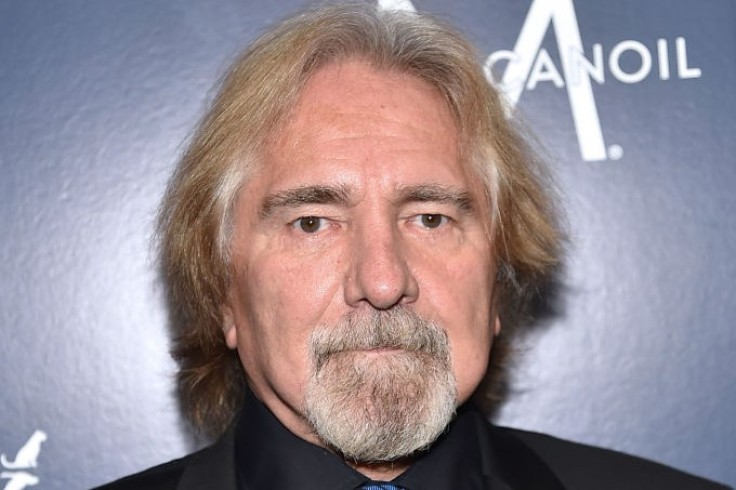
Geezer Butler revealed his story about depression and self-harm which he endured over the past years.
Trigger Warning: This article contains sensitive parts related to suicide and self-harm.
Despite the spotlight and his career's success, the Black Sabbath rocker spoke candidly about his depressions in the past and how he coped with it through different means.
Geezer Butler Shares Past Battles With Depression
In his interview with NPR's "Bullseye With Jesse Thorn," Butler revealed that he was not depressed all the time, though he had the worst as nobody talked to him about the topic due to people's fears that one could be taken to a mental hospital once you talked about it.
"One day I got a really bad bout of depression and I went to the doctor and he said, 'Oh, go down the pub and have a couple of pints," he recalled. "Or take the dog for a walk or something. You'll be all right.' And it was, like, 'No, I'm not gonna be all right. It doesn't work like that.' And that kept happening."
READ ALSO: Tony Iommi Near-Death Experience: Geezer Butler Recalls Bizarre Incident With Black Sabbath Bandmate
However, he got an official diagnosis in the 1990s while still living in St. Louis. At that time, he visited a doctor after experiencing a nervous breakdown, and Butler discovered he had been suffering from depression during the consultation.
After taking Prozac for six weeks, he finally recovered from the mental illness.
Before getting diagnosed, people around Butler would always think he was moody and miserable. Despite having everything in the world, nothing mattered to him throughout the dark, depressing days.
What Geezer Butler Felt After Learning He Was Depressed
Elsewhere in the NPR interview, Butler was asked whether he felt shame about his battle, he expressed his wish that people would realize he was not always miserable and that it was only an "occasional" event.
Fortunately, he recovered from it after getting diagnosed by a professional.
Prior to his recent interview, he also spoke to Uncut regarding his way of getting relief by cutting himself.
"One day I cut myself so deeply that I couldn't stop the blood," he continued. "People used to think I was really moody, but it was when the depression hit me that I couldn't get out of it, I couldn't talk to people. People used to think I was miserable."
If you or someone you know is in crisis, call 988 to reach the Suicide and Crisis Lifeline. You can also call the network, previously known as the National Suicide Prevention Lifeline, at 1-800-273-8255, text HOME to 741741, or visit SpeakingOfSuicide.com/resources for additional resources.
© 2025 MusicTimes.com All rights reserved. Do not reproduce without permission.







